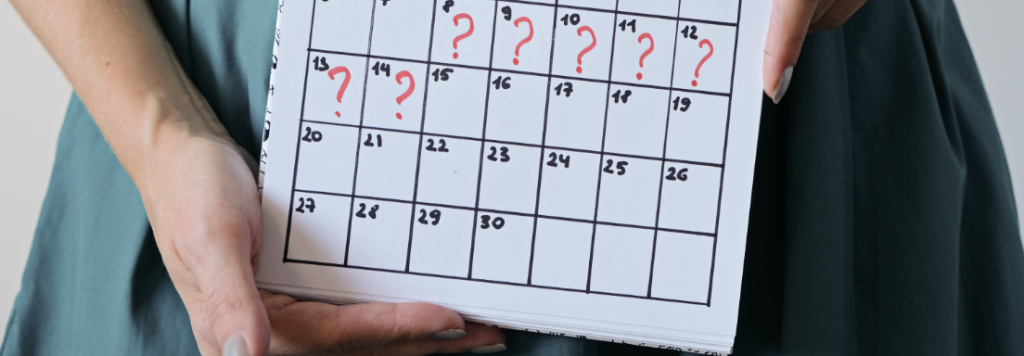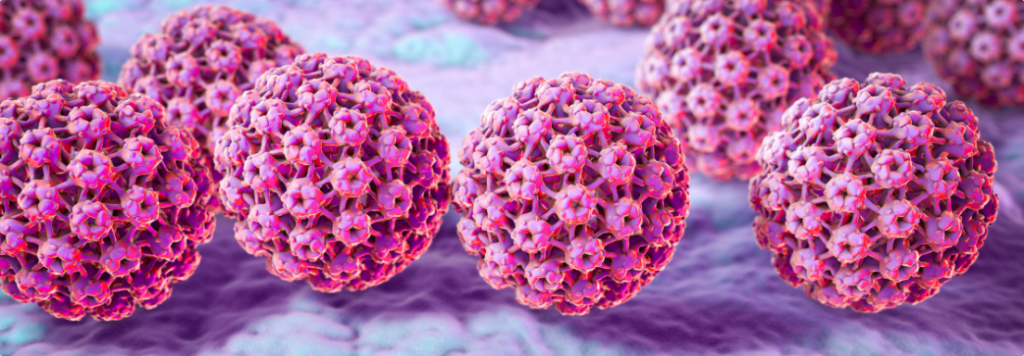
Women’s Health

Introduction to Woman’s Sexual Health
Sexual health is important for a woman’s well-being, whether you’re trying to prevent pregnancy and sexually transmitted infections or you’re worried about fertility or other problems related to woman’s sexual health. This means enjoying the sexual activity you want, safely, without causing you or anyone else any suffering, either physical or mental. If you need information or help there is loads of information on NHS websites.
You can also speak to a helpline or someone at your GP practice.

Who Should Come For Cervical Screening?
Cervical screening is a quick test to check your cervix for the Human Papilloma Virus (HPV).
We do not offer appointments for routine smear tests. This must be arranged via your GP practice. You’ll be invited for routine screening every 5 years if you have a cervix and are between 25 and 64 years of age.
If you are attending the sexual health clinic for another reason and a smear is due, we may be able to offer a smear test at the same appointment.
My Body Back West of Scotland Service
This service offers cervical screening (smear tests) for people who have experienced rape or sexual violence and are due or overdue for the screening test.
Click here to view the My Body Back Project.
Trans and non-binary people
Even if you have had a hysterectomy you may still have a cervix and are still eligible for screening. Please speak to your GP if you have any queries.
Are smear tests guaranteed to stop women getting cancer?
Regular smear tests prevent 80 – 90% of the cancers that would occur if they weren’t done.
Speak to your GP if you experience:
· Unusual discharge
· Bleeding after sex
· Bleeding between periods
· Bleeding after the menopause
These are usually caused by something other than cancer but it’s important to have them checked.
Useful links:
Further information about cervical screening, who is invited and what to expect
Information in other languages
Smear tests for people who have experience rape or sexual violence
Smear test information for people with a learning disability

Periods
If you have questions about your periods, there are some useful links below.
If you are having problems, help is available. You can speak to your GP or practice nurse. They are quite used to talking about periods and will be happy to try and help you. Common problems are heavy, painful periods; bleeding between periods; bleeding after sex; long gaps between periods and changes in mood about the time of a period. You should see a doctor if you get any of these.
Remember you can get sanitary products for free!
Periods and Period Problems | Patient
Managing premenstrual syndrome (PMS) patient information leaflet (rcog.org.uk)

Finding out your partner has HPV on a cervical screening test can sound worrying. Here are some answers to common questions
What is HPV?
HPV is the name of a common virus. It infects the skin and any moist membrane
(mucosa), such as:
- the cervix
- the lining of the mouth and throat
- the vagina, vulva and anus (back passage).
Is HPV common?
At some point during our lives, 8 in 10 people will get HPV.
How is it passed on?
HPV is usually passed on through skin to skin contact including sexual contact, which can make some people feel worried or embarrassed but it is nothing to be ashamed of. HPV lives on our skin so it is easy to get and difficult to completely protect against.
My partners cervical screening test has found HPV do I need an HPV test?
The NHS does not offer an HPV test in this situation
Why is there no test? Do I need treatment?
There is no treatment for HPV itself, but there are treatments for conditions caused by HPV, including genital warts, cervical cell changes and cancer.
Even if HPV were detected, there is no treatment if it is not having any effects. It is very unusual for the HPV types that cause cervical abnormalities to cause problems sexual partners.
In most cases, your immune system gets rid of HPV within 2 years without it causing any problems, but in some cases, HPV may stay in the body for years.
There is no treatment for HPV itself, but there are treatments for conditions caused by HPV, including genital warts, cervical cell changes and cancer.
We’ve been together a long time, has my partner cheated on me and caught HPV?
It’s not possible to tell how long HPV has been present and finding HPV does not prove anything about whether someone has been faithful or not.
Occasionally, HPV that was dormant can become active again and may start to cause cervical cell changes. We don’t know why HPV becomes active again, but cervical screening can help detect the virus and any cell changes early.
They must have caught it recently because the last test was normal
The HPV test is new- the HPV could have been there before. HPV testing only started in 2021.
How could they have got it from me, I haven’t got any symptoms?
HPV usually has no symptoms, which means that many people may have had HPV without knowing. This can sound worrying, but remember that HPV usually goes away by itself, without causing any problems.
More about HPV - Types of HPV
We know of over 200 types of HPV. Each type has a number and different types affect different parts of the body.
HPV types are usually split into:
- low-risk HPV
- high-risk HPV
Low-risk HPV may not cause any problems or cause minor conditions like warts on your hands and feet, and genital warts. Most HPV types are low risk.
High-risk HPV is linked to some cancers. It is important to remember that if you have any type of HPV, including high-risk HPV, your body will usually get rid of it without any problems.
HPV and cancer
About 13 HPV types are linked to cancer. These types are called high-risk HPV.
In people with a penis they can cause cancer in the Skin of the penis
In anyone they can cause cancer in the anus, mouth and throat
In people with a vagina high risk HPV can cause cancer in the cervix, vagina and vulva (area outside the vagina, including the labia and the area between the opening of the vagina and anus).
Having high-risk HPV does not mean you will get cancer. Like other HPV types, in most people even the high-risk HPV goes away without causing any problems.
How do I protect myself from HPV?
Condoms give some protection but as they don’t cover all the skin it can still be passed on. Condoms give good protection from HIV, chlamydia and gonorrhoea
There are no screening programmes for the cell changes caused by HPV in the vulva, vagina, anus, mouth and throat. This is because it is more difficult to find cell changes. It is important to be aware of the symptoms for these cancers.
Speak to your GP if your genitals or anal area have
- itching that does not stop (persistent itching)-
- enlarging lumps
- pain or bleeding from lumps
- Skin breaks that don’t heal in a few days

Domestic Abuse
Domestic Abuse is a form of gender based violence. Domestic Abuse is perpetrated by partners or ex-partners and can include physical, sexual, mental and emotional abuse. Abuse is characterised by a pattern of coercive control which often escalates in frequency and severity over time. Domestic Abuse can be actual or threatened violence and can begin at any time. In the vast majority of cases it is experienced by women and is perpetrated by men.
If you are experiencing domestic abuse, you are not alone. Support is available. If you are in immediate danger call 999. If you are unable to talk, press 55 when prompted.
Support services continue to be available:
East Ayrshire Women’s Aid: 01563 536 001
North Ayrshire Women’s Aid: 01294 602 424
South Ayrshire Women’s Aid: 01292 266 482
The Star Centre (Rape Crisis): 01563 544 686
Scotland’s National Domestic Abuse and Forced Marriage Helpline (24hr): 0808 027 1234
Email: helpline@sdafmh.org.uk
Scottish Women’s Rights Centre: 0808 801 0789
Victim Support Scotland: 0800 160 1985
East Ayrshire Housing Options:
01563 554 400
Out of hours: 0345 724 0000
South Ayrshire Housing Options
0300 123 0900
Out of hours: 0808 100 3151
North Ayrshire Housing Options:
01294 314 600
Out of Hours: 0800 0196500

Menopause
Menopause is the time when a woman stops having periods and her ovaries stop producing eggs and hormone levels change. It usually happens between age 45 and 55, but sometimes menopause can start earlier and it is important that these women are given good support and advice. Menopause may also happen after hysterectomy, especially where the ovaries are removed and after some cancer treatments.
The menopause is a stage which all women will go through at some time. For some women this is a difficult time as they experience a variety of symptoms. There is lots of information available and support to help women through this. Hormone Replacement Therapy (HRT) can help to reduce symptoms. Most women are able to use HRT and can contact their GP surgery for advice. There are also other treatments which can help with symptoms. Ayrshire has a specialist menopause clinic and GPs can refer patients who have other health problems or poorly controlled symptoms.
Menopause – Easy Read | Translations (nhsinform.scot)
Let’s talk about menopause leaflet
Dumfries House offer a holistic free programme for menopause. If you live in Ayrshire this is free and you need to be referred by your GP. Please click here for further information
For further information leaflets Click here

Female Sterilisation
What is it?
A permanent method of contraception which stops egg and sperm meeting
How does Female Sterilisation work?
The fallopian tubes are cut, sealed or blocked, which stops sperm and egg meeting.
How effective is Female Sterilisation?
In most cases it is over 99% effective with 1 in 200 failing (this can be at any time, even many years after the operation).
What are the advantages of Female Sterilisation?
It is a permanent method of contraception, it does not interrupt sex, once the operation has worked you don’t have to think about contraception. Periods are unaffected.
What are the disadvantages of Female Sterilisation?
It requires an operation which will need a general anaesthetic. There is a small increased risk of ectopic pregnancy if the operation fails. If you change your mind the NHS will not reverse the operation, not give you fertility treatment. Even if you pay for these privately they may not work.
Does Female Sterilisation protect against infection?
No, condoms are the only form of contraception which give protection against some infections.
How do I get it?
Ask your GP to refer you for a Sterilisation discussion appointment

Pelvic Floor Muscles
RELATED PAGES


